Mauritania
The institutional reform of the African Union once again took centre stage at the 31st summit in Nouakchott, Mauritania.
The project initiated by Paul Kagame at the Kigali summit in 2016 aims at guaranteeing the financial autonomy of the continental authority.
More than 50 percent of the AU’s budget come from foreign donors while 97% of its programs are financed by donors. To reverse this trend, the reform project proposes a levy of .2 percent on certain imports in each member states.
In terms of the AU’s areas of intervention, the reform suggests the reduction of the AU’s priority areas to four, namely political affairs, peace and security, economic integration and the emergence of the continent on the international scene.
The Kagame reform is also proposing quotas for young people, women and the private sector, as well as the evaluation of the New Partnership for Africa’s Development (NEPAD), the African Peer Review Mechanism (APRM) and the Pan-African Parliament (PAP).
The reforms also include the introduction of a provision that provides for the application and strengthening of sanctions against States that do not respect the rules in force.



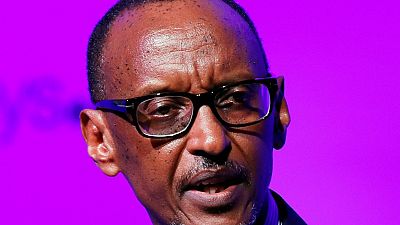


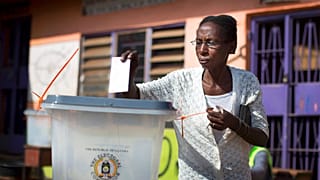
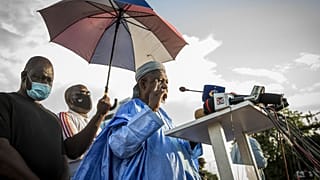
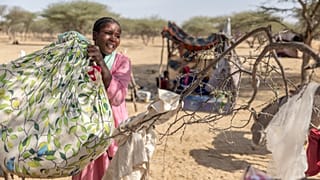
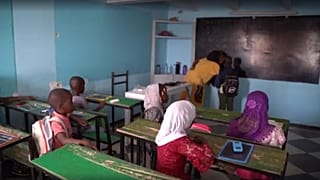
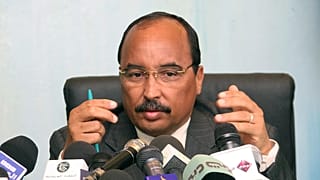
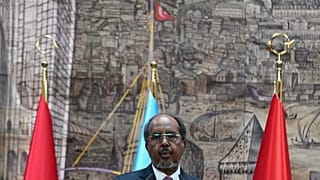
01:05
Algeria's president urges youth living abroad illegally to come home
01:51
Rebel group holds funeral for victims of drone strike in eastern DR Congo
01:22
Nigerian youth enter 2026 with hopes of prosperity and stability
01:05
More than 3,000 migrants die on route to Spain in 2025
01:22
Rubio acknowledges setbacks in DRC-Rwanda deal, urges compliance
00:27
Malian refugees turn to firefighting to give back to their communities in Mauritania